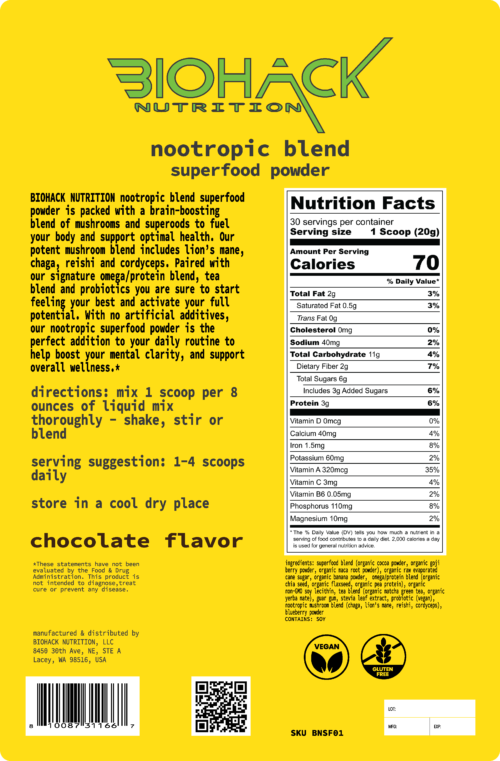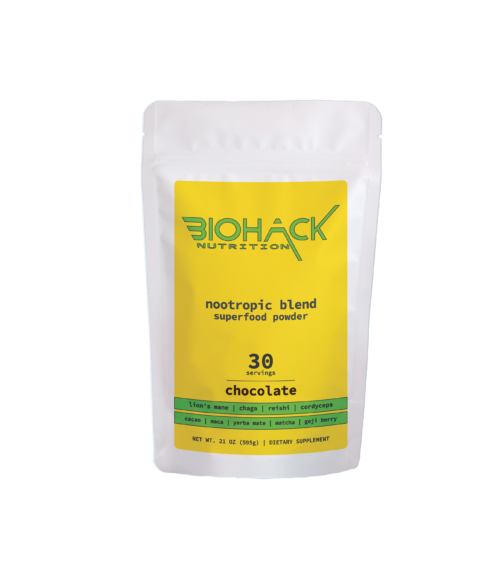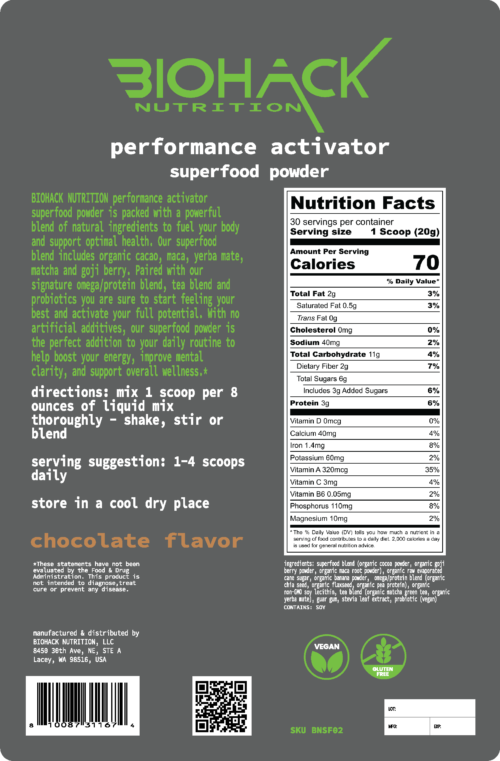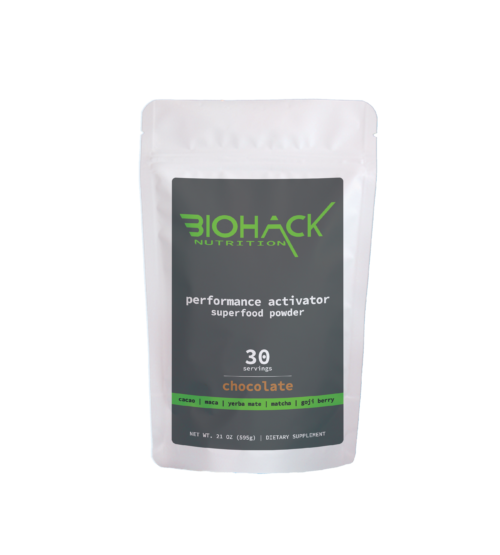Turkey Tail Mushrooms
Turkey Tail mushrooms, scientifically known as Trametes versicolor, have a long history of use in traditional medicine, particularly in Asian cultures. These mushrooms are characterized by their unique shape and colorful bands resembling a turkey’s tail. Turkey Tail mushrooms are highly regarded for their potential health benefits and have gained significant attention in recent years. Scientific research has shed light on the remarkable properties and bioactive compounds found in Turkey Tail mushrooms. This essay aims to explore the scientific evidence surrounding the health benefits of Turkey Tail mushrooms, highlighting their potential effects on immune function, cancer support, gut health, and overall well-being.
Enhanced Immune Function and Immunomodulation
Turkey Tail mushrooms are renowned for their potential to enhance immune function and modulate the immune system. They contain bioactive compounds such as polysaccharides, including beta-glucans, which have been found to contribute to their immunomodulatory effects.
Research published in the Journal of Ethnopharmacology demonstrated that Turkey Tail extract stimulated immune response by increasing the production of immune cells, such as natural killer cells and lymphocytes. These immune cells play a vital role in defending the body against pathogens and abnormal cells.
Moreover, Turkey Tail mushrooms have been studied for their potential to regulate immune responses in conditions such as cancer and autoimmune diseases. The immunomodulatory properties of Turkey Tail mushrooms may help promote a balanced immune response and support overall immune health.
Cancer Support and Anti-Tumor Effects
Turkey Tail mushrooms have been extensively studied for their potential benefits in supporting cancer treatment and prevention. They contain compounds that exhibit anti-tumor effects and may help enhance the effectiveness of conventional cancer therapies.
Research published in the journal Cancer Immunology, Immunotherapy demonstrated that Turkey Tail extract enhanced the activity of immune cells involved in fighting cancer, such as dendritic cells and T cells. The study indicated that Turkey Tail extract can promote an immune response against cancer cells.
Furthermore, Turkey Tail mushrooms contain polysaccharide compounds, including PSK (polysaccharide-K) and PSP (polysaccharide-peptide), which have shown promising anti-cancer properties. These compounds have been found to inhibit tumor growth, prevent metastasis, and enhance the effectiveness of chemotherapy and radiation therapy.
Gut Health and Digestive Support
Turkey Tail mushrooms have been studied for their potential benefits in promoting gut health and supporting digestive function. The mushrooms contain prebiotic fibers and other bioactive compounds that can positively influence the gut microbiota.
Research published in the journal Nutrients highlighted the prebiotic effects of Turkey Tail mushrooms. The study demonstrated that the polysaccharides in Turkey Tail mushrooms selectively stimulated the growth of beneficial bacteria in the gut, such as Bifidobacterium and Lactobacillus.
Moreover, a healthy gut microbiota is essential for proper digestion and nutrient absorption. By promoting a balanced gut microbiota, Turkey Tail mushrooms may support digestive health and contribute to overall well-being.
Antioxidant and Anti-inflammatory Properties
Turkey Tail mushrooms possess potent antioxidant and anti-inflammatory properties, which are beneficial for overall health and disease prevention. The mushrooms contain phenolic compounds, flavonoids, and other antioxidants that help protect the body against oxidative stress and chronic inflammation.
Research published in the journal Food Chemistry demonstrated that Turkey Tail extract exhibited significant antioxidant activity, scavenging free radicals and reducing oxidative damage. The antioxidants in Turkey Tail mushrooms help neutralize harmful molecules and prevent cellular damage.
Furthermore, chronic inflammation is linked to various health conditions, including cardiovascular diseases, metabolic disorders, and autoimmune diseases. Turkey Tail mushrooms have been found to have anti-inflammatory effects, reducing the production of pro-inflammatory molecules and promoting a balanced inflammatory response.
Overall Well-being and Vitality
Turkey Tail mushrooms have long been associated with overall well-being and vitality. They have been used traditionally to promote general health and support multiple body systems.
Research has indicated that Turkey Tail mushrooms possess adaptogenic properties, helping the body adapt to stress and promoting balance. Turkey Tail supplementation has been found to reduce stress hormone levels, improve mood, and support mental well-being.
Moreover, Turkey Tail mushrooms have been studied for their potential benefits in managing conditions such as diabetes and cardiovascular diseases. The bioactive compounds in Turkey Tail mushrooms exhibit a range of therapeutic properties that contribute to their overall health-promoting effects.
Turkey Tail mushrooms offer a plethora of health benefits, making them a valuable addition to a holistic approach to well-being. From enhancing immune function and supporting cancer treatment to promoting gut health, providing antioxidant protection, and contributing to overall vitality, Turkey Tail mushrooms have gained recognition for their remarkable properties.
Incorporating Turkey Tail mushrooms into one’s lifestyle can be done through supplementation or by using Turkey Tail mushroom extract in various preparations. However, it is important to note that individual responses may vary, and it is recommended to consult with a healthcare professional before starting any new supplementation regimen.
As scientific research on Turkey Tail mushrooms continues to expand, it provides an exciting avenue for potential therapeutic applications. The potent bioactive compounds found in Turkey Tail mushrooms hold great promise for enhancing immune function, supporting cancer treatment, promoting gut health, and contributing to overall well-being.



